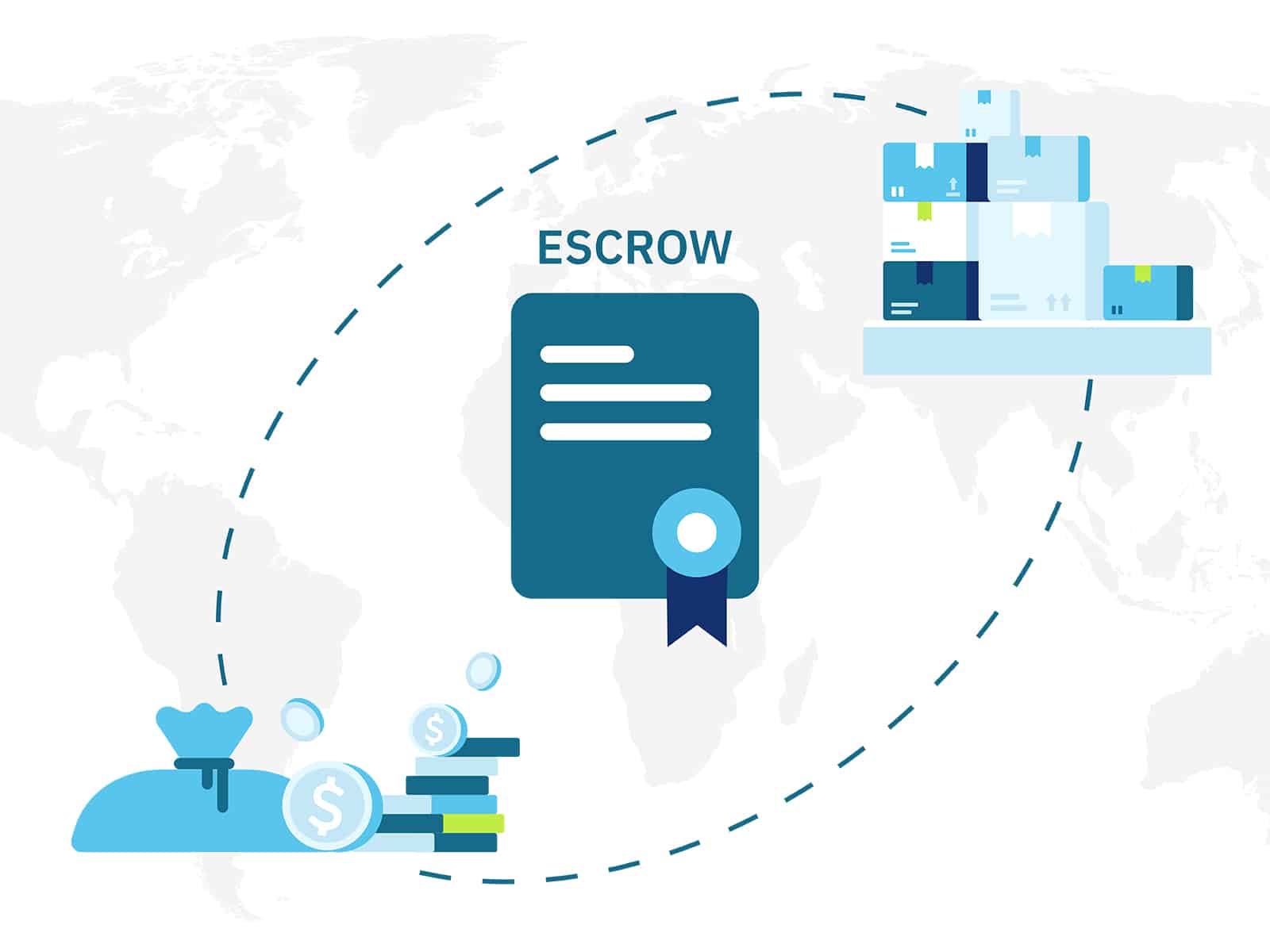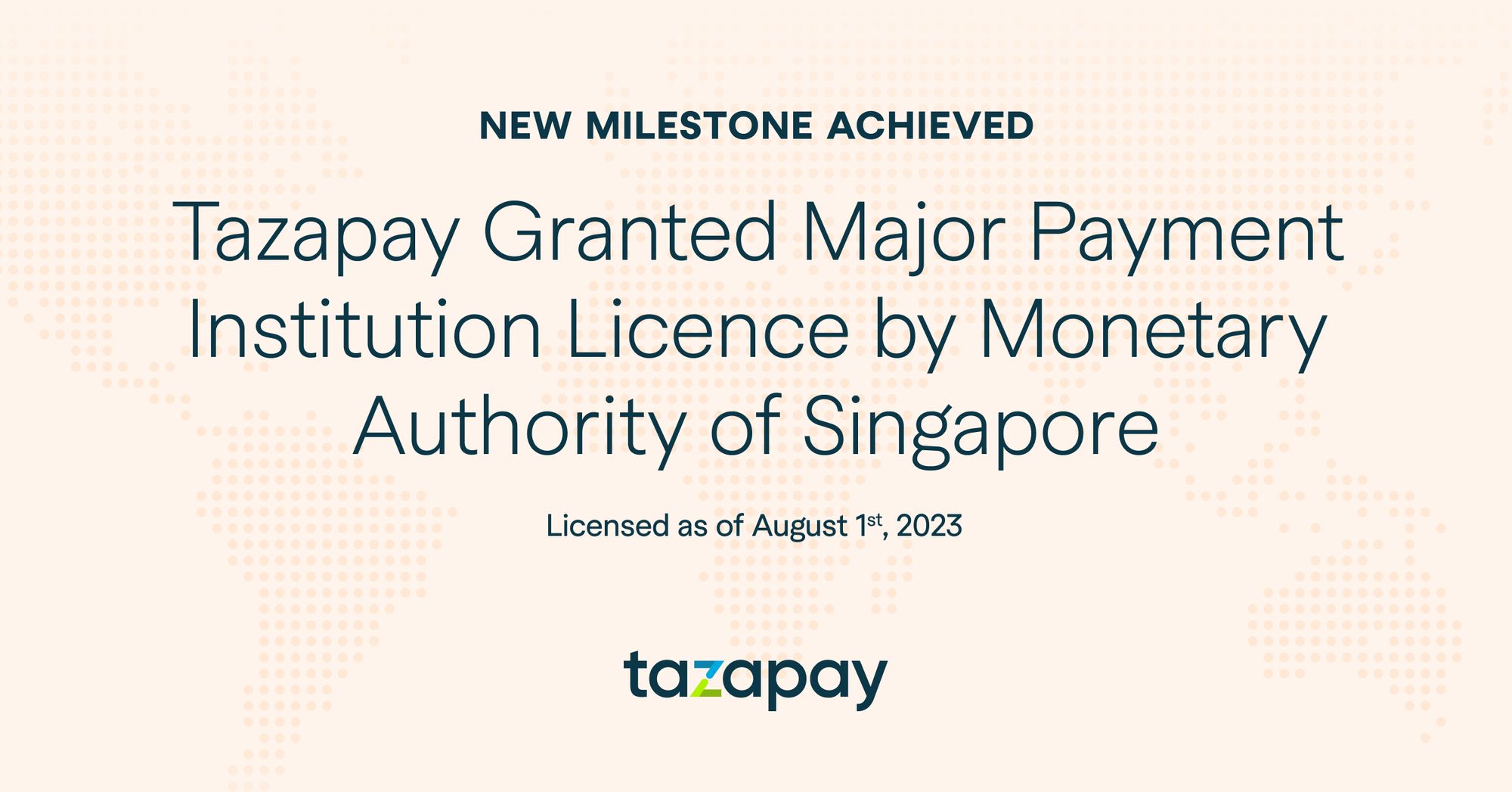- Home
Blog Blog
Product Info Product Info
Escrow: A Novel Idea for International Trade Payments
Escrow: A Novel Idea for International Trade Payments

What is a Letter of Credit?
International trade presents a range of risks, chief among which is the uncertainty between the exporter (seller) and importer (foreign buyer) over payments and order receipt respectively. For exporters, any sale is a gift until payment is received and for importers, any payment is a donation until the orders are received. Therefore, both the parties involved in business deals struggle to transact in a safe, secure, and seamless manner. In case one of the involved parties refuses to abide by the contract, it would be followed by a tortuous litigation process that could go on for years.
To succeed in international trade, an appropriate payment method should be chosen which works to minimize the risk involved while accommodating the business requirements of the buyer as well as a seller, without favouring either. To that end, it is wise for exporters and importers to switch to an ‘escrow’ based payments mechanism that can ensure a seamless, litigation-free business environment.
Escrow payment meaning
Escrow services are offered by unbiased third-party companies that collect, hold and disburse money, securities, funds, and other assets according to mutually agreed terms by exporters and importers. Escrow services help protect both parties by reducing the potential risk of fraud and offer a mutually beneficial method of payment in the very dynamic environment that international trade operates in.
To explain how escrow payment works, the buyer deposits the agreed purchase amount to the escrow service. Once this payment is verified by the escrow service provider, the seller is obligated to ship the goods. Once the goods are shipped, the payment held in escrow is released to the seller based on pre-agreed terms between the buyer and seller and the trade incoterm. This could be upon verification of proof of shipment, upon third party inspection completion and upon delivery to buyer amongst others. The escrow fee can be paid in full by one party or split evenly between the exporter and the importer.
Earlier, escrow was mostly restricted to merger & acquisition deals or cross-border deals. But with changing technology and the rise of the internet-based economy, this instrument is getting democratized with stakeholders from several sectors including real estate, automobile, intellectual property, using it to conduct safe and secure transactions. An escrow account is emerging as the preferred mechanism for local as well as international payments and transfers in trade operations as it creates an added layer of transparency in transactions, helping build more trust.
How escrow accounts help start-ups?
Escrow accounts can be especially beneficial for start-ups in securing their contingent-based transactions. For their specific-use transaction cases like procurement, supply chain, professional services, etc., start-ups and emerging businesses can leverage escrow payment methods to minimize risk and achieve seamless growth.
Having government agencies perform regular audits also ascertains the safety of operations for the escrow services. What we need is more awareness about this facility, to know how a temporary, tripartite financial agreement can help two parties securely transact worry-free.
Why involving a third party in the business transaction makes sense?
Usually, in a financial transaction, the seller’s concern is receiving the payment, whereas the buyer is concerned about their investment and receipt of goods in satisfactory condition. These concerns can be easily resolved with the use of ‘escrow’. Using the service of an escrow account provider, a buyer can place their funds in a bank-based escrow account. If you are wondering, what is escrow account in bank it is an account which is supervised by a legitimate third party, usually the bank.
Restriction on withdrawals from an escrow account until the set obligations have been fulfilled proves to be a powerful financial instrument that removes trust-based issues in sectors like real estate. Having an escrow system in place prevents dubious occurrences. A step-by-step timeline is followed which makes transactions smooth and transparent, as the transacting parties can track the movement of funds and progress of the contractual commitment.
Category

Product Info
Escrow: A Novel Idea for International Trade Payments
Related Articles

Omoney Named to the 2023 CB Insights' Fintech 100 List

Omoney Secures MPI Licence from Singapore's MAS, Bolstering Its Cross-Border Payment Capabilities






